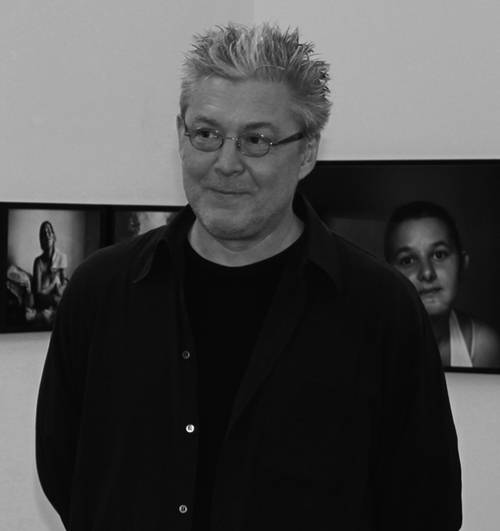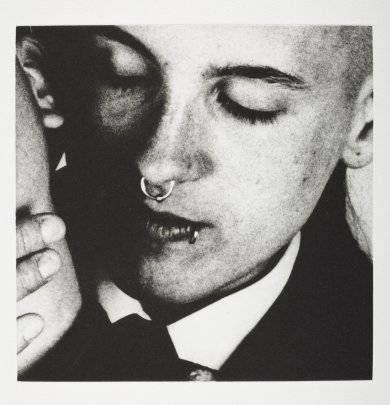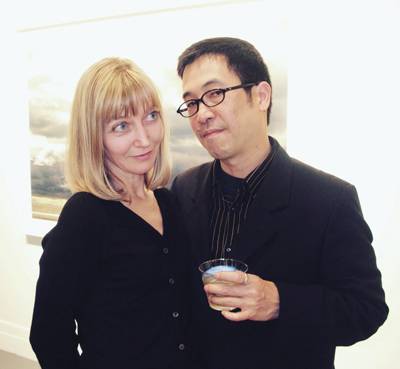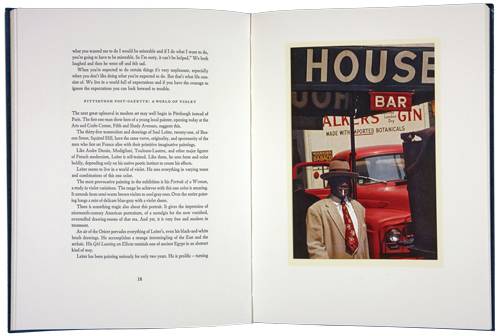Yola Monakhov Stockton has an inquisitive mind that drives her to analyze the nature of photography with each new project she undertakes. The Moscow native, who now lives in Northampton, Massachusetts, first worked as a photojournalist in war zones, then directed her focus to documentary photography and portraiture. Even while she was earning a master‘s degree in Italian and comparative literature from Columbia University, where she later received an MFA in photography, she never stopped making pictures. She now teaches at Smith College and has recently completed her latest project, The Nature of Imitation, which will be published as a book later this year by Schilt.
In these photographs, Stockton explores her ideas about nature in an inherently unnatural setting, photographing wild birds in captivity. Through a relationship with scientists who study birds, she resolves the practical problem of photographing her elusive subjects, bringing them into a controlled realm that allows for a closer and perhaps more conceptual inspection.
She introduces objects – a mirror or cyanotype-coated paper, for example – into natural scenes, manipulating film, using excessively long exposures, and deliberately using color to upend expectations. Incorporating in-camera experimentation, including masking, into her process, she makes pictures with film that has been exposed to variously colored lights, producing a series of what she calls “limited abstractions,” figurative images with elements of abstraction. They are rich in allusions and references: Renaissance tapestry, Audubon’s drawings, Henry Fox Talbot’s photograms, Constructivist and Italian Futurist paintings, Bauhaus photography, and Man Ray’s rayographs, among other things.
While paying tribute to the history of photography and challenging its boundaries, she does not abandon her instinctive response to nature. The result is photography that is emotionally accessible, at times funny, puzzling, and lyrical.








